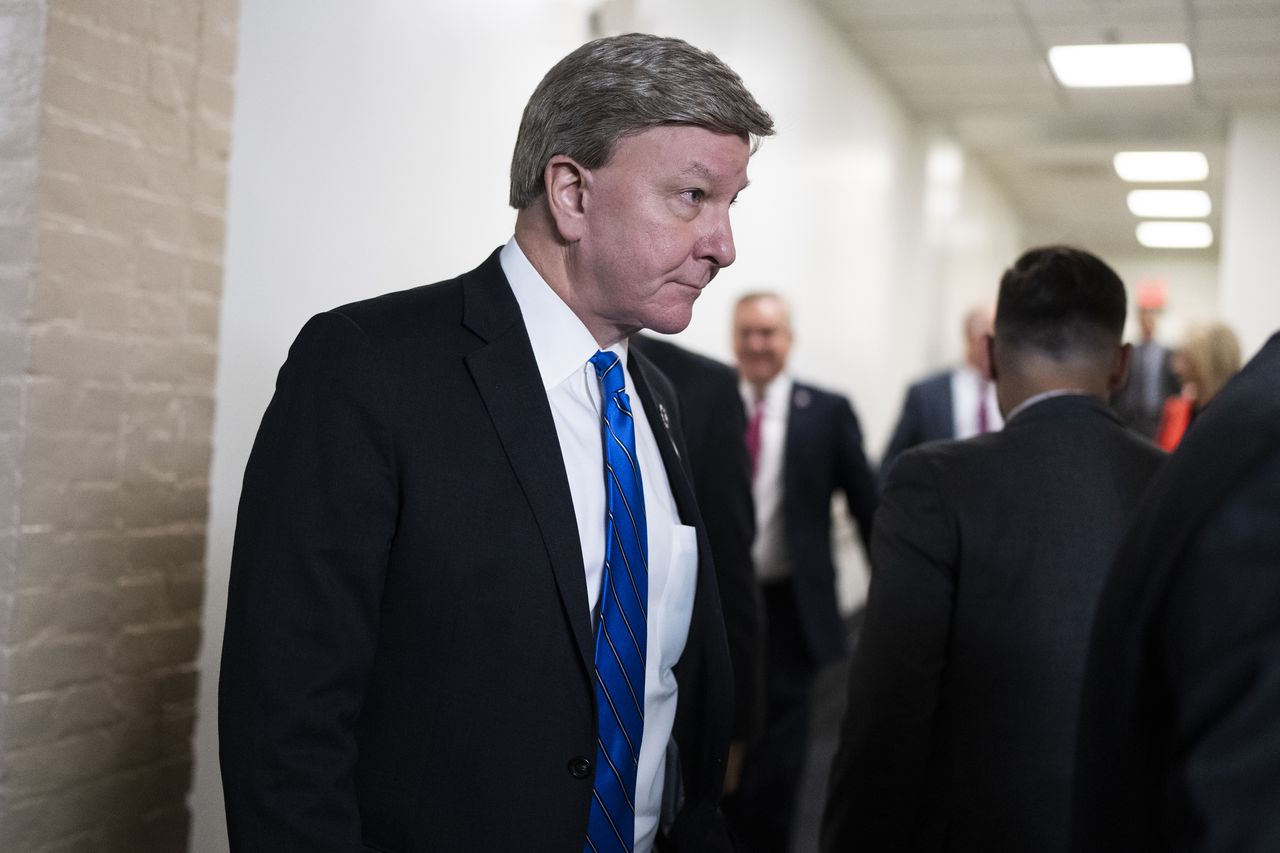Alabama congressman asks officials making SpaceCom HQ decision to preserve documents
U.S. Rep. Mike Rogers (R-Ala), chairman of the House Armed Services Committee, has asked government and military officials involved in the pending U.S. Space Command headquarters location decision to “preserve all documentation” related to that decision.
Rogers is responding to reports this week that the Biden administration has problems with moving the base to Redstone Arsenal in Huntsville. Redstone finished No. 1 in the official government ranking of competing base sites in 26 states.
NBC News was first to report this week that President Biden has decided to leave the headquarters in its startup location of Colorado Springs permanently. NBC said two government officials and one defense official said the decision was “in part because of concerns about (Alabama’s) restrictive abortion law.”
The White House last December ordered an Air Force review of the base selection process after former President Trump said he made the decision for Alabama personally.
Rogers said in his statement today that, “The Air Force’s deleterious actions concerning the selection of a location for SPACECOM Headquarters require the Committee to now seek document preservation in this matter.”
Rogers also said, “Air Force officials have continued to delay finalizing the move of SPACECOM Headquarters to Redstone Arsenal in Huntsville, Alabama, in response to apparent politically motivated interference by political appointees in the Biden Administration.”
Rogers said the “U.S. Space Force’s overall mission and success requires a swift decision on finalizing the move.” That move has been “severely delayed … over two years beyond when the Air Force made the right decision after scrutinizing multiple locations and considering multiple factors to locate SPACECOM Headquarters in Huntsville, and over a year since the GAO and the DOD Inspector General affirmed Air Force’s decision.”
“Moving expeditiously to locate SPACECOM Headquarters at Redstone Arsenal is in our country’s best national security interests,” Rogers said.
After citing federal law requiring record preservation related to “a broad range of governmental and policy decisions,” Rogers said other records involving the president and his staff could also be secured.
Rogers said “preserve” means “securing and maintaining the integrity of all relevant documents, communications, and other information, including electronic information and metadata, by taking reasonable steps to prevent the partial or full destruction, alteration, testing, deletion, shredding, incineration, wiping, relocation, migration, theft, mutation, or negligent or reckless handling that could render the information incomplete or inaccessible.”
